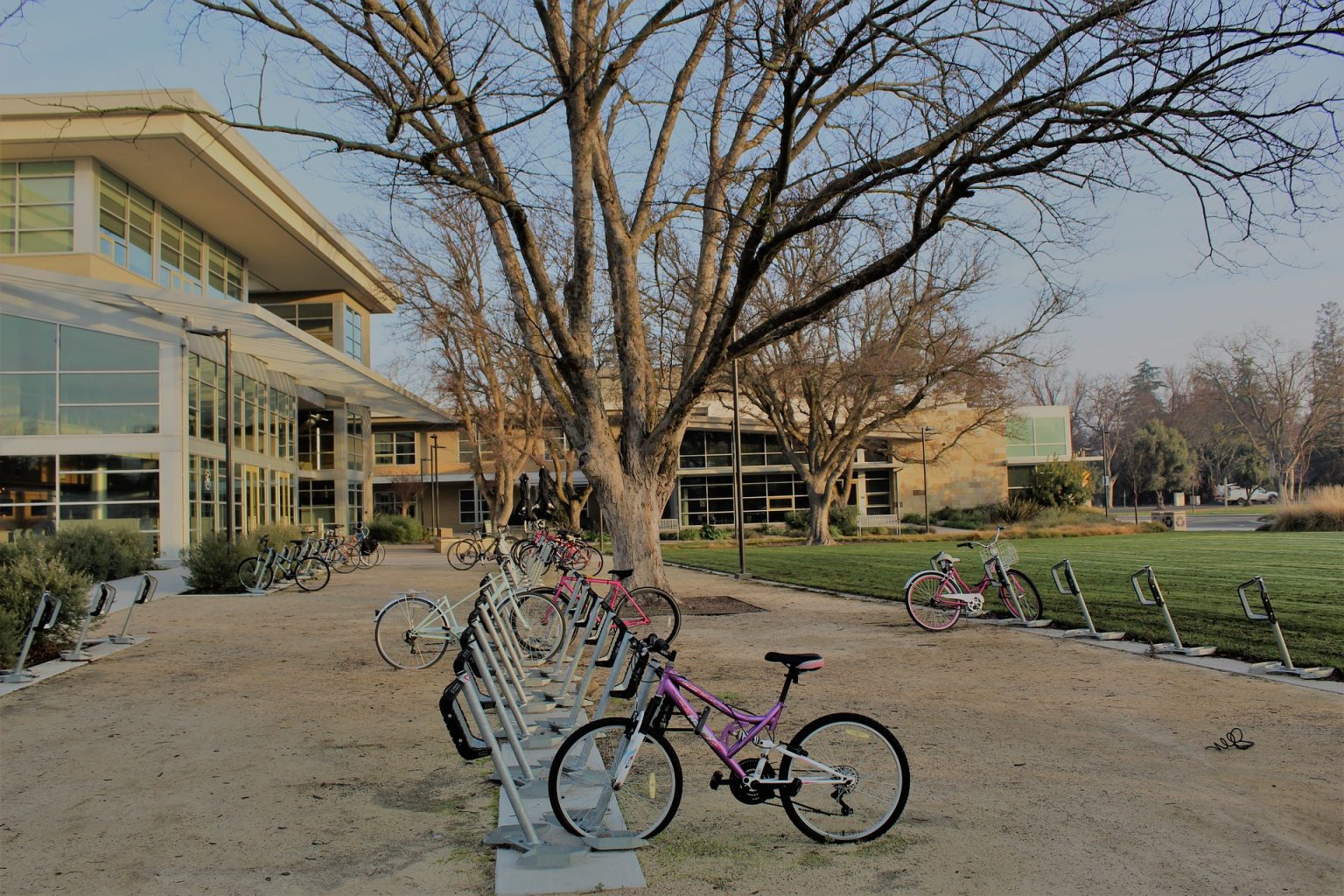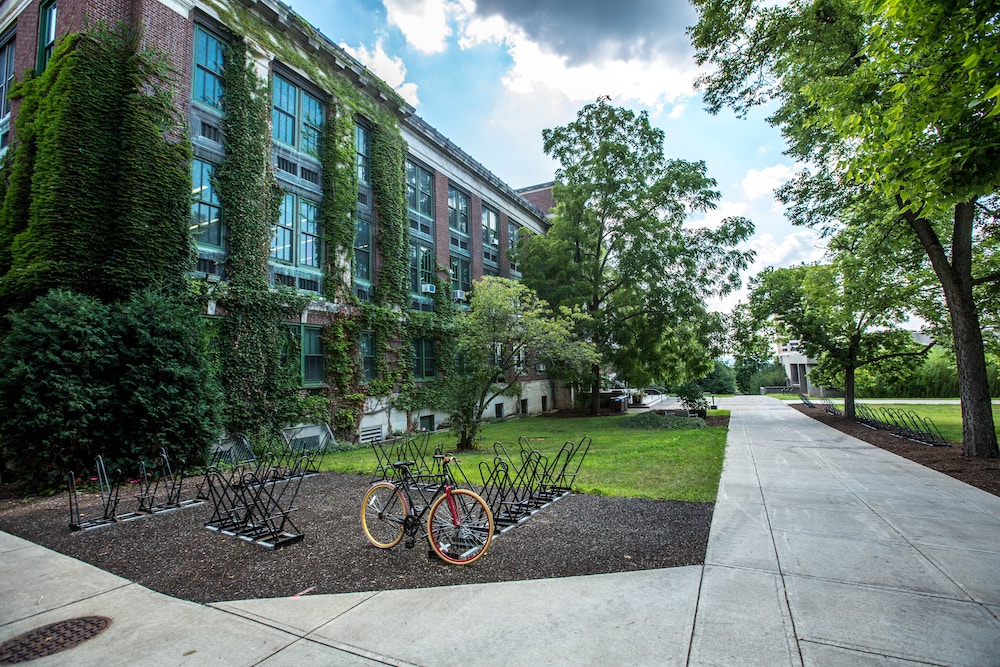
Now is the time to complete a very important part of your application: your essays!
The 2019-2020 Common Application prompts will remain the same as the 2018-2019 essay prompts.
Contact us to learn about how we help students—in a minimal amount of time!—craft authentic, memorable essays!
2019-2020 Common Application Essay Prompts
1. Some students have a background, identity, interest, or talent that is so meaningful they believe their application would be incomplete without it. If this sounds like you, then please share your story.
2. The lessons we take from obstacles we encounter can be fundamental to later success. Recount a time when you faced a challenge, setback, or failure. How did it affect you, and what did you learn from the experience?
3. Reflect on a time when you questioned or challenged a belief or idea. What prompted your thinking? What was the outcome?
4. Describe a problem you’ve solved or a problem you’d like to solve. It can be an intellectual challenge, a research query, an ethical dilemma – anything that is of personal importance, no matter the scale. Explain its significance to you and what steps you took or could be taken to identify a solution.
5. Discuss an accomplishment, event, or realization that sparked a period of personal growth and a new understanding of yourself or others.
6. Describe a topic, idea, or concept you find so engaging that it makes you lose all track of time. Why does it captivate you? What or who do you turn to when you want to learn more?
7. Share an essay on any topic of your choice. It can be one you’ve already written, one that responds to a different prompt, or one of your own design.
During the 2018-2019 application year, the most popular topic of choice was: “Share an essay on any topic of your choice. It can be one you’ve already written, one that responds to a different prompt, or one of your own design.” (24.1%). The next most popular topics were: “Discuss an accomplishment, event, or realization that sparked a period of personal growth and a new understanding of yourself or others.” (23.7%), followed by “The lessons we take from obstacles we encounter can be fundamental to later success. Recount a time when you faced a challenge, setback, or failure. How did it affect you, and what did you learn from the experience?” (21.1%).
And in case you missed it, read Emma’s 10 do’s and don’ts for writing the Common App essay. If you are interested in working with Emma, reach out.
*Stay in the know! Subscribe*








